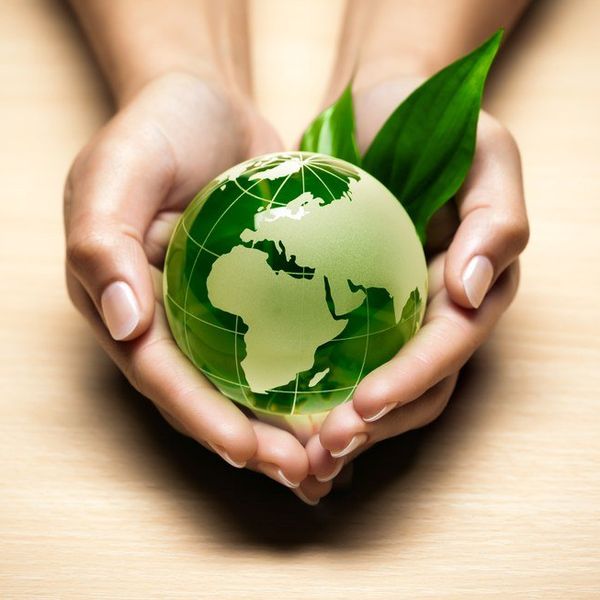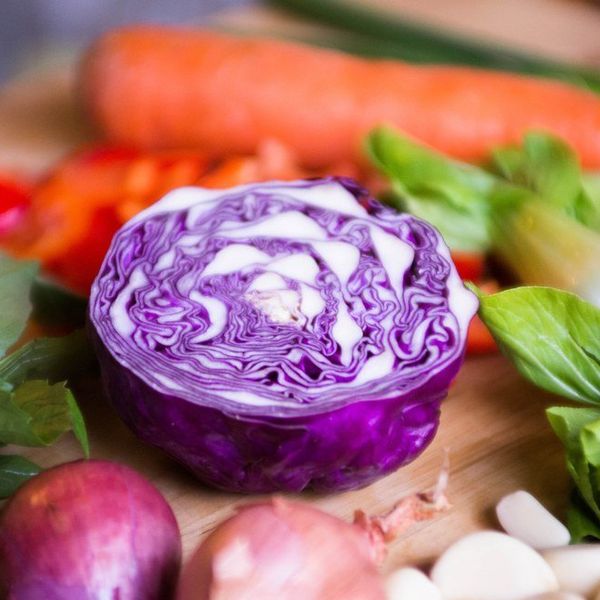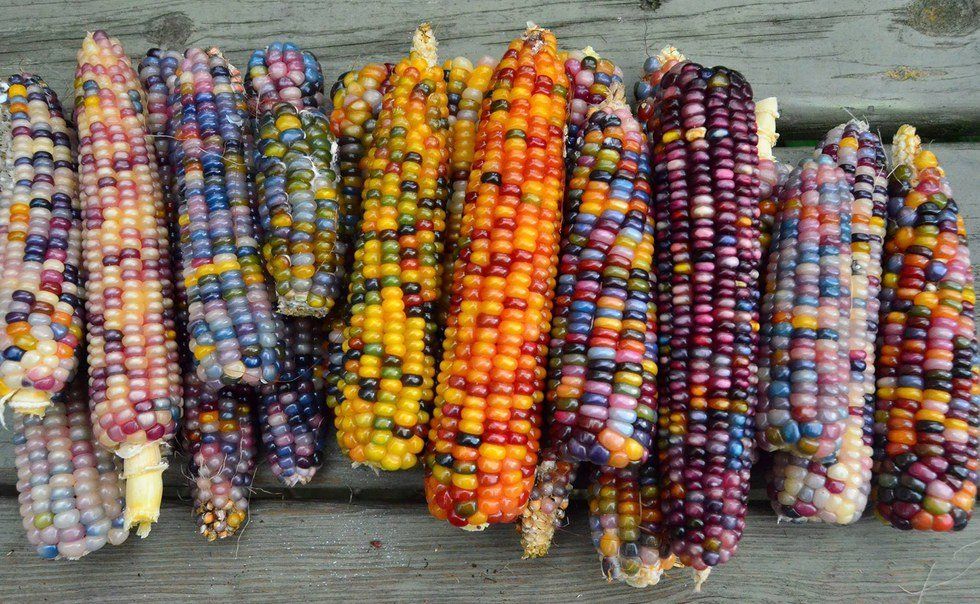A cellist plays passionately as people of all ages slowly file into their seats for the showing of "Seed: The Untold Story" at the Pickford Film Center in Bellingham, Washington. As the lights dim, the screen fills with the image of a woman wearing a dress that is starting to grow. Seeds line the fabric, and through the time-lapse cinematography, the audience gets the first look of what growing seeds look like.
"Seed: The Untold Story" is a new documentary that discusses our current seed shortage, and what people around the world are doing to save seeds. From India to Norway, Oregon to New Mexico, farmers and seed savers are fighting the power of corporate biotech chemical companies like Monsanto. This documentary highlights some of the many individuals who are standing up for our future food supply, and saving the biodiversity of the seeds.
Seeds were described as the living embryos that must be planted into the soil of Mother Earth, a form of reincarnation of the parental plant that lived before. Cultures around the globe are tightly connected to farming and seed-saving practices, one specifically being the Hopi tribe in Arizona.
Hopi culture is centered around the corn, which started growing in Mexico long ago and has since moved up and down the coast and into the United States. Hopi people have based their lives around the corn for 1,000 years, and the relationship between them will not be broken down by any corporation.
The film displayed one of the Hopi leaders walking through his corn and recognizing each stalk as one of his ancestors. Hopi people take care of the corn, saving every seed from every cob to be planted back into the soil to grow. In return, the corn cares for the Hopi by providing them with food and spiritual connection to the land around them.
Hawai’ian people have been fighting for their land and trying to keep harmful pesticides away from their communities, as well. On the island of Kauai, pesticides were being sprayed on crops that were only 100 meters away from an elementary school. These chemicals drifted into the school yard, encircling children in a cloud of pesticides, sending loads to seek medical care.
With the rise of biotech chemical companies taking control of seeds, biodiversity is being lost, and because of this, our future food supply is lost with it. One of the many importances of biodiversity is saving the genetic differences in a species. Genetic differences are essential in the continuation of evolution, and therefore the creation of new species over time. Losing biodiversity between seed species now means smaller possibilities for new species in the future.
The Hopi people and the people of Kauai are fighting for the rights to their seeds, along with many other people from around the world. They are not just fighting for their own food, but the food that will be eaten by generations to come. Once a seed is lost, there is no way to get it back.
Organizations such as Native Seed Search, Seed Savers Exchange, and the Seed Ambassadors Project are working with the land to harvest and keep seeds from a wide variety of plants. Saving and growing your own seeds is easier than many think, and there are many plants that can be grown from regularly purchased food items.
Purchasing local produce that does not use biotech chemicals is not only a good choice for your health, but it is also a way to support farmers practicing seed-saving. Explore different species of fruits and vegetables that are less common, and promote their uses in everyday foods.
"Seed: The Untold Story" sheds light on what is happening to our seeds around the world in an artistically alluring way that captures the interest of many. Combining education on current issues while providing viewers with hope and ways that they can make a difference is key, and this documentary did exactly that.





















